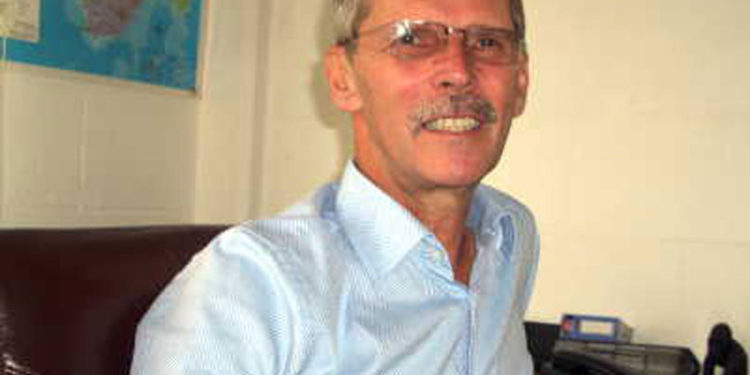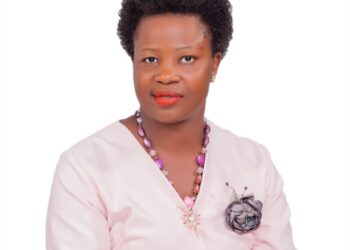I did some research into the definition of the word ‘Public Servant’ and ‘Civil Servant’ and found that they are terms which denote professional or technical people who are employed by governments, but not elected or appointed. They are usually part of a government bureaucracy, denoting an organizational structure that is hierarchical in nature, governed by a set of rules and regulations and divided into specialist departments.
This would describe our Ugandan civil service, though in our case the top civil service positions are approved by the President. So does this mean that they are political appointments? Civil service appointments fall under the Public Service Commission, but many senior positions are appointed directly by the President. Top civil servants serve at the pleasure of the President. In Britain civil servants rise though the ranks to the highest levels independent of politics, and continue in their posts beyond the political term of the current government.
In America the top jobs are political appointees and change when the regime changes.
Uganda is based on the British rather than the American system, so our top civil service positions should survive even if there is regime change, but, since we have never had a peaceful transition of power, it is yet to be seen if people in top positions would remain under a new political regime. It is certainly desirable to have continuity of the civil service, no matter what political changes take place.
The name ‘Public Servant’ implies that the person is there to serve. He is in the service of his country and is serving at the pleasure of the President, but does he also serve the public as his title ‘public servant’ implies? I used to tell my doctors and nurses that we were there to serve the patients and the patient was our master, in the same way that we have the adage ‘The customer is King’, but I do not get the impression that this is a guiding principle for civil servants. I believe that they know they serve the appointing authority, but they do not feel they are servants of the public. In fact many civil servants give the impression that the public are there to serve them.
It is actually quite difficult to find a public servant who really believes that his job is to serve the public – the ordinary person in the street. This, taken together with an overly bureaucratic system, means that the public are normally running around after the civil servant trying to fulfill all the conditions which have been thrown at them – go here, go there, bring this, bring that; sorry I am not at my desk, come back tomorrow; he has just gone out; he can’t come to the meeting because he has important government business to attend to, etc. etc.
We have become so used to this way of interacting with public servants and government departments that we take it as normal, but is it? Surely the public are paying the taxes which pay the wages of the public servants, and they deserve a better service. In Uganda we have even added another layer of authority to this bureaucratic system. These bodies are literally called ‘Authorities’ and they live up to their name by wielding their authority, which is given to them through various Acts of Parliament. Among the Authorities we have are ‘Higher Education Council’, the ‘National Environmental Management Authority’, ‘The Coffee Development Authority’, The ‘Insurance Regulatory Authority’ and the lion of them all – the ‘Uganda Revenue Authority’.
These Authorities certainly do not see themselves as servants of the public, but as having been given authority over the private person or company. They develop the regulations for their particular area and impose them enthusiastically on the private company or citizen. Whether the regulations are reasonable, unreasonable, or even possible to fulfill, does not make much difference to them – they have the authority, so do what you are told or face the consequences! And they also charge a statutory levy – a fee for their ‘service.’ I am not saying that we do not need regulation, but if such authorities had more of an attitude of serving they would understand their clients and give a better service.
Several years ago the URA decided to introduce the concept of customer service, which marked a noticeable change in customer relations, though I am not sure that the ethos has persisted. NSSF did the same with noticeable improvement in client relations. The old Uganda Electricity Board was a nightmare to deal with, and although UMEME is far from perfect they are now much more customer orientated. So perhaps public servants should have more of an emphasis on serving the public, and less on the authority they wield. They would certainly have an appreciative public if this were the case.
Do you have a story in your community or an opinion to share with us: Email us at editorial@watchdoguganda.com














